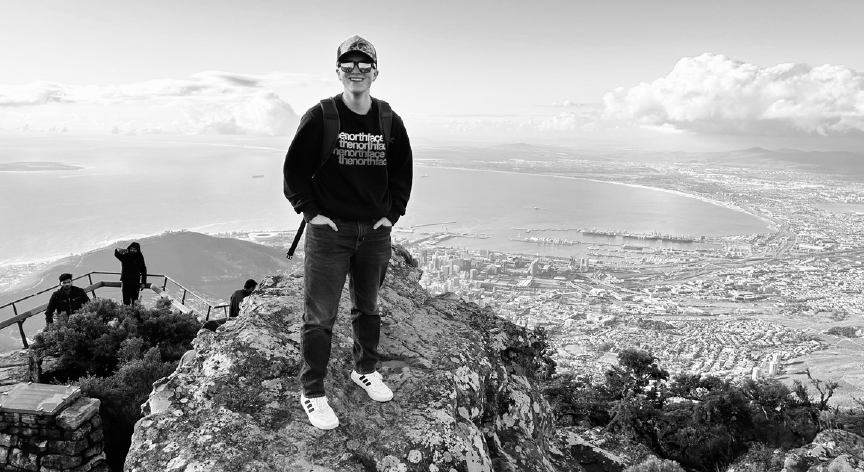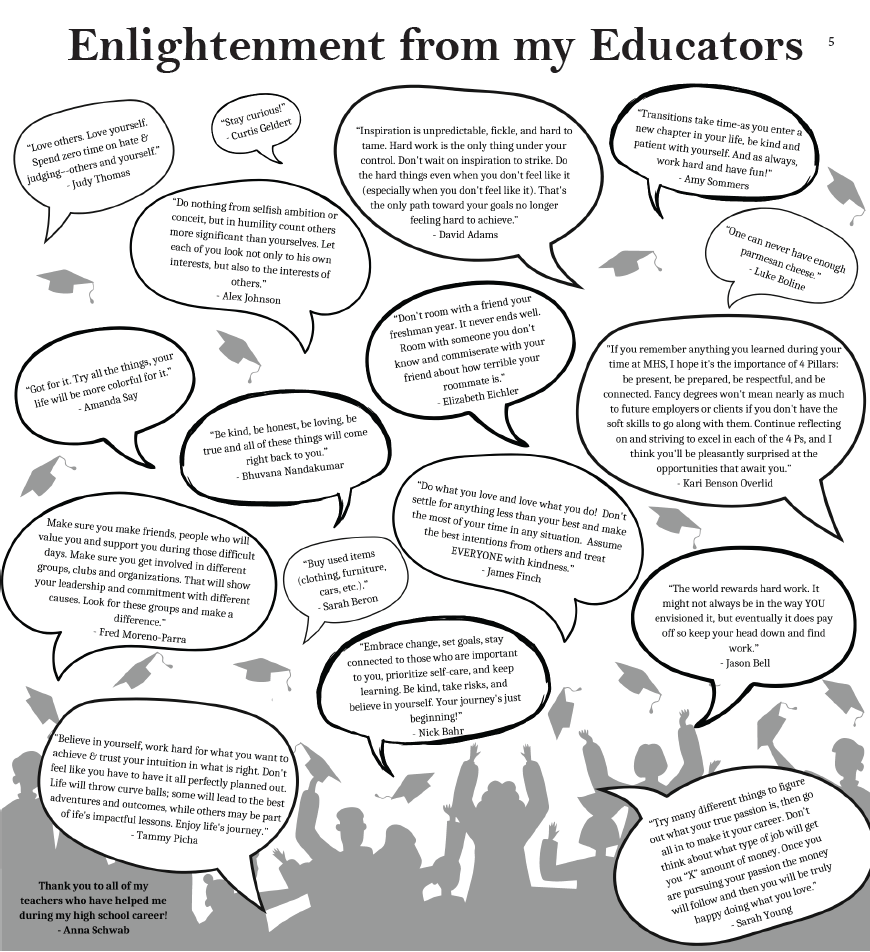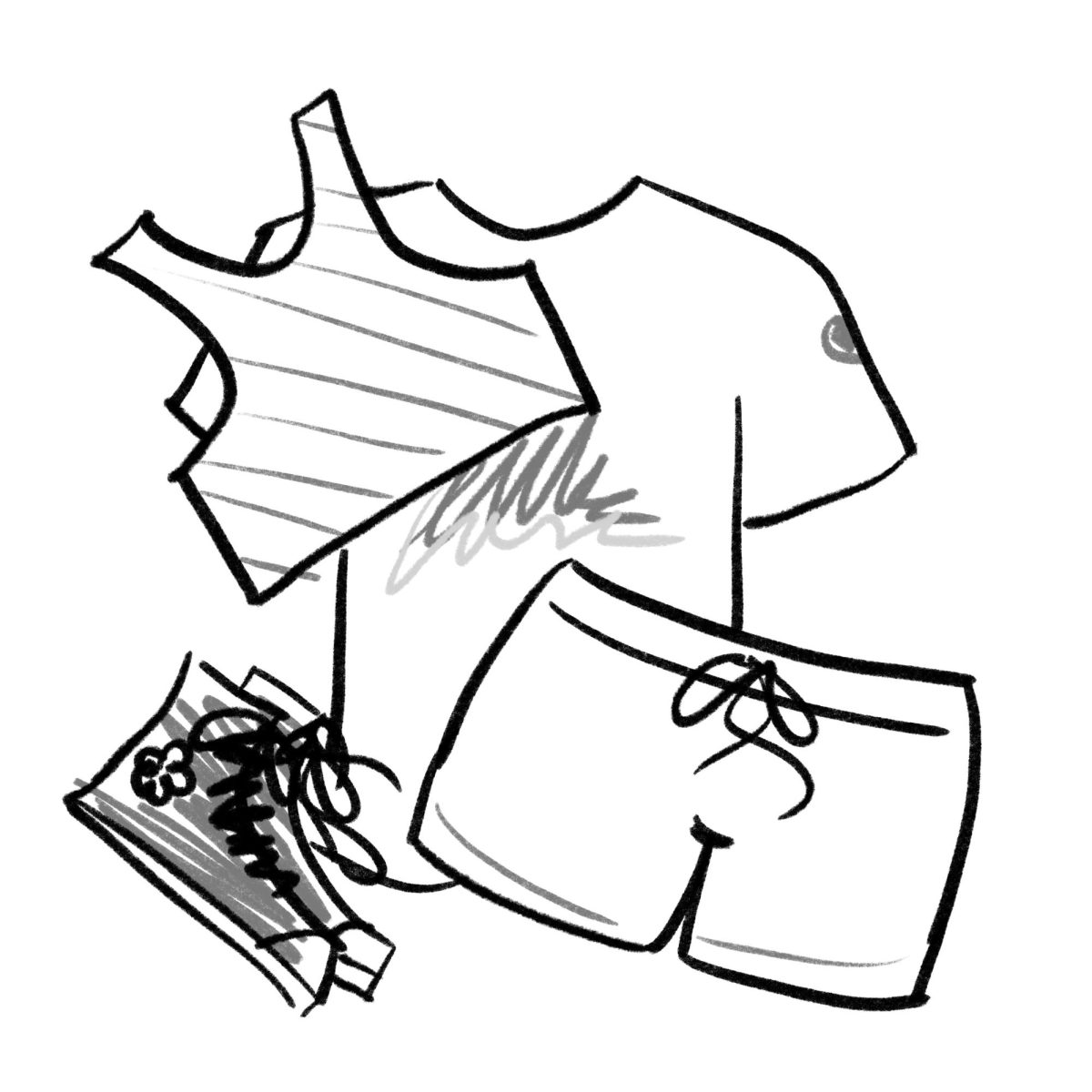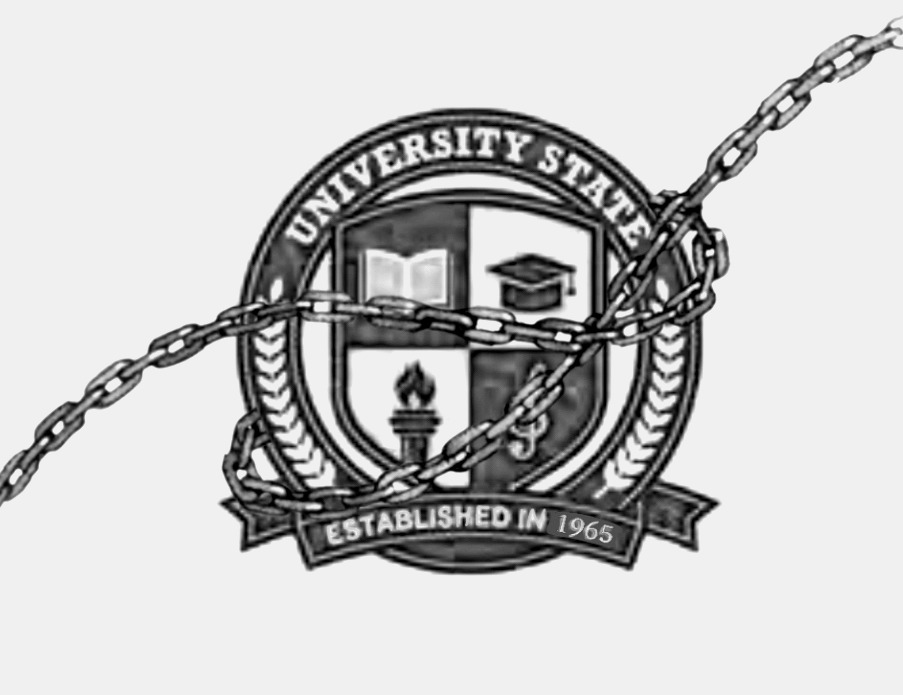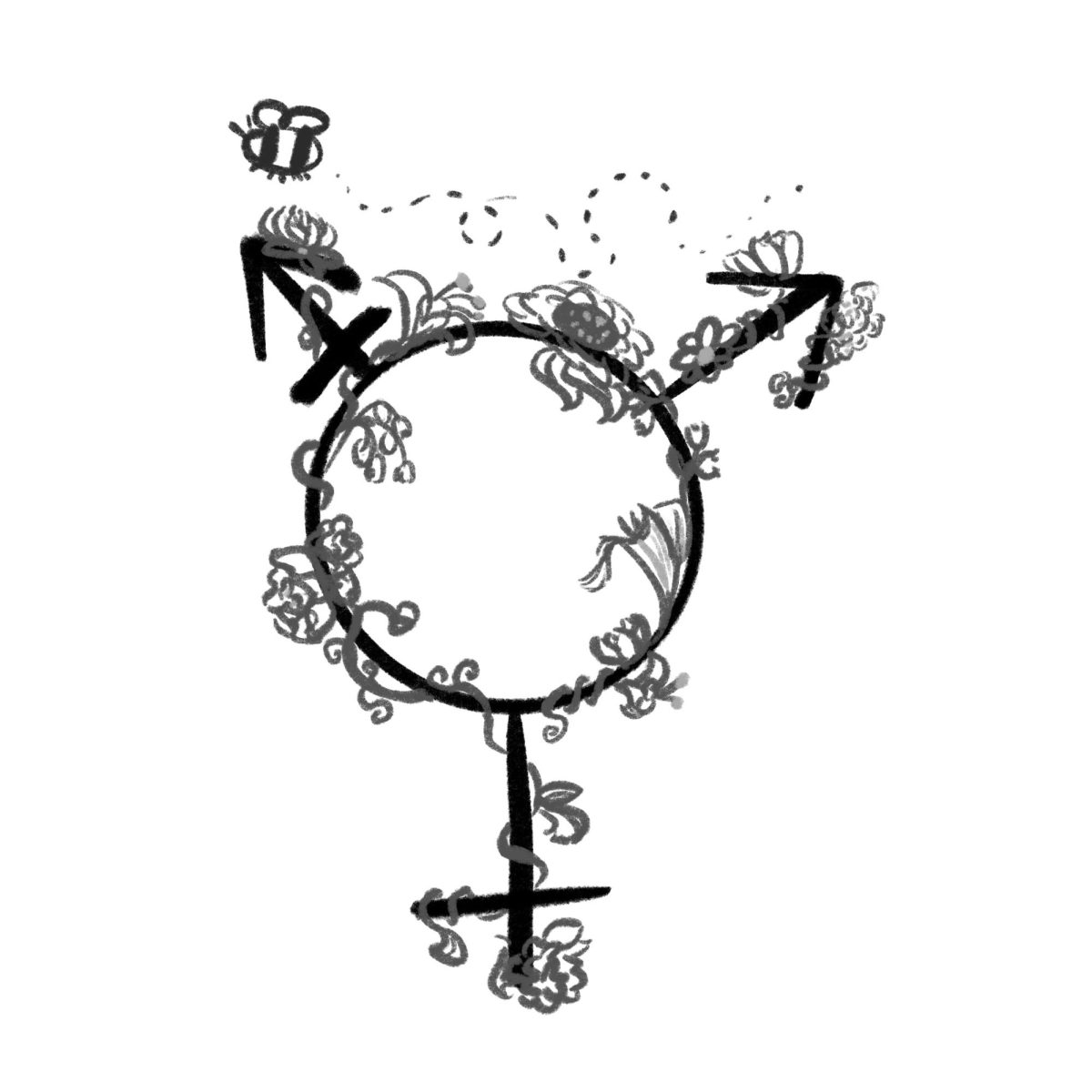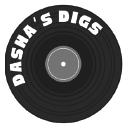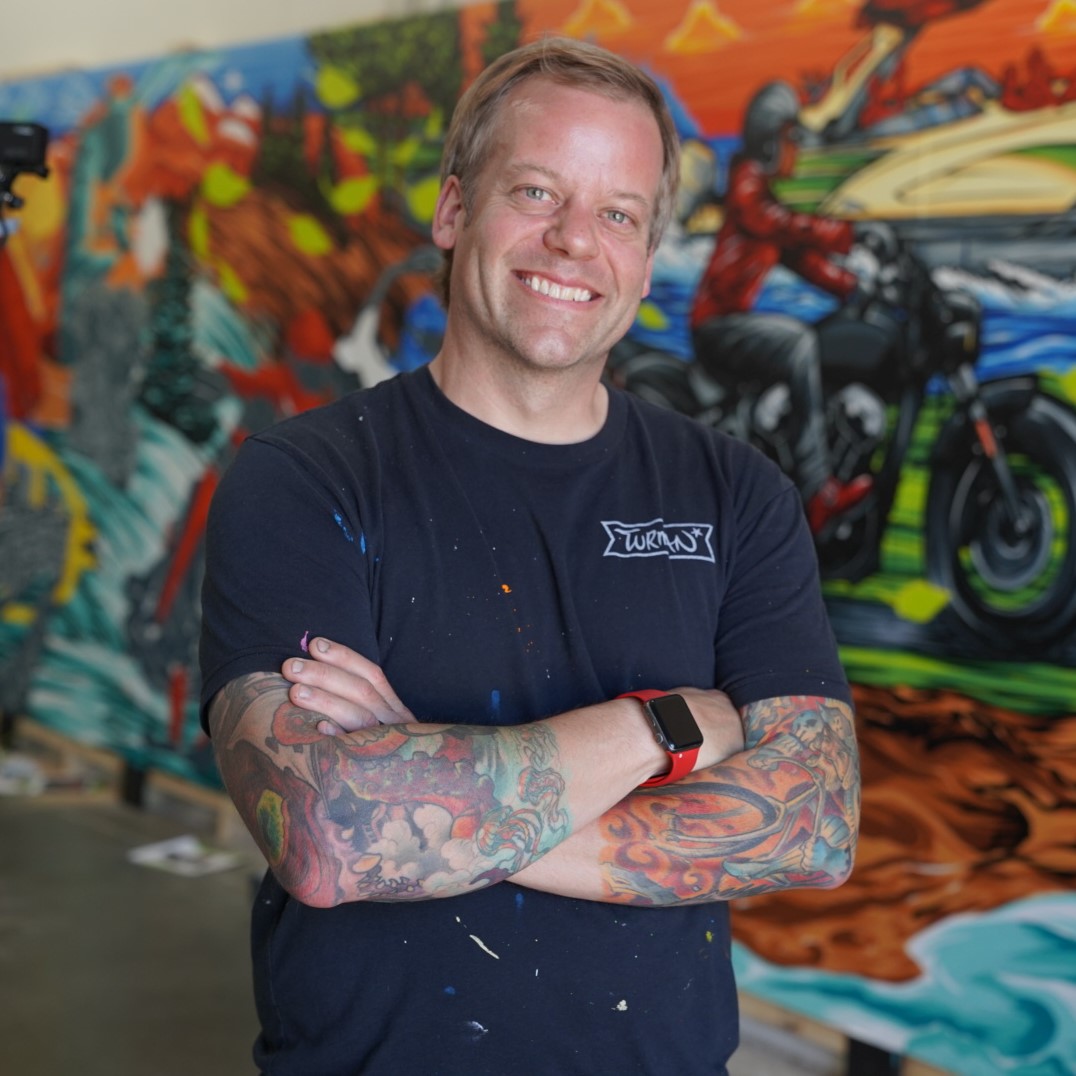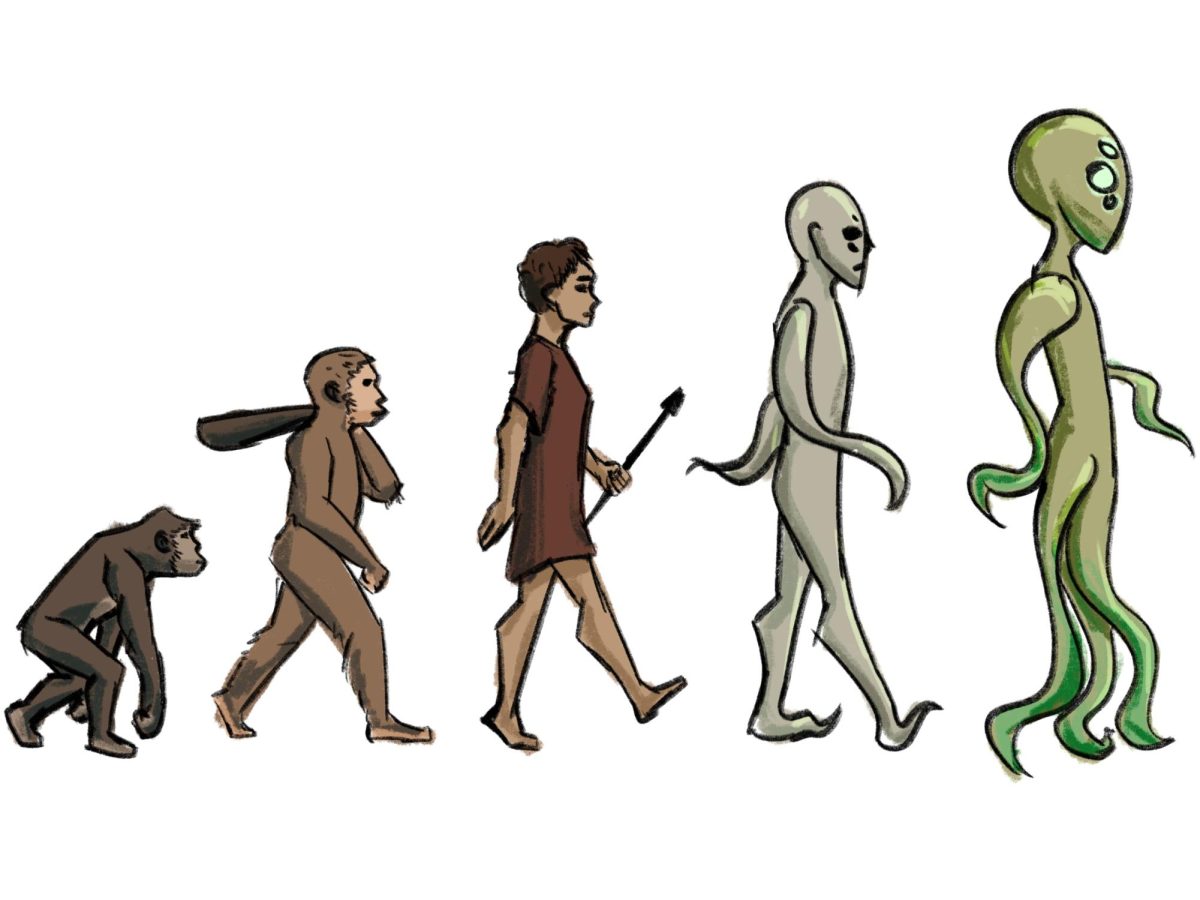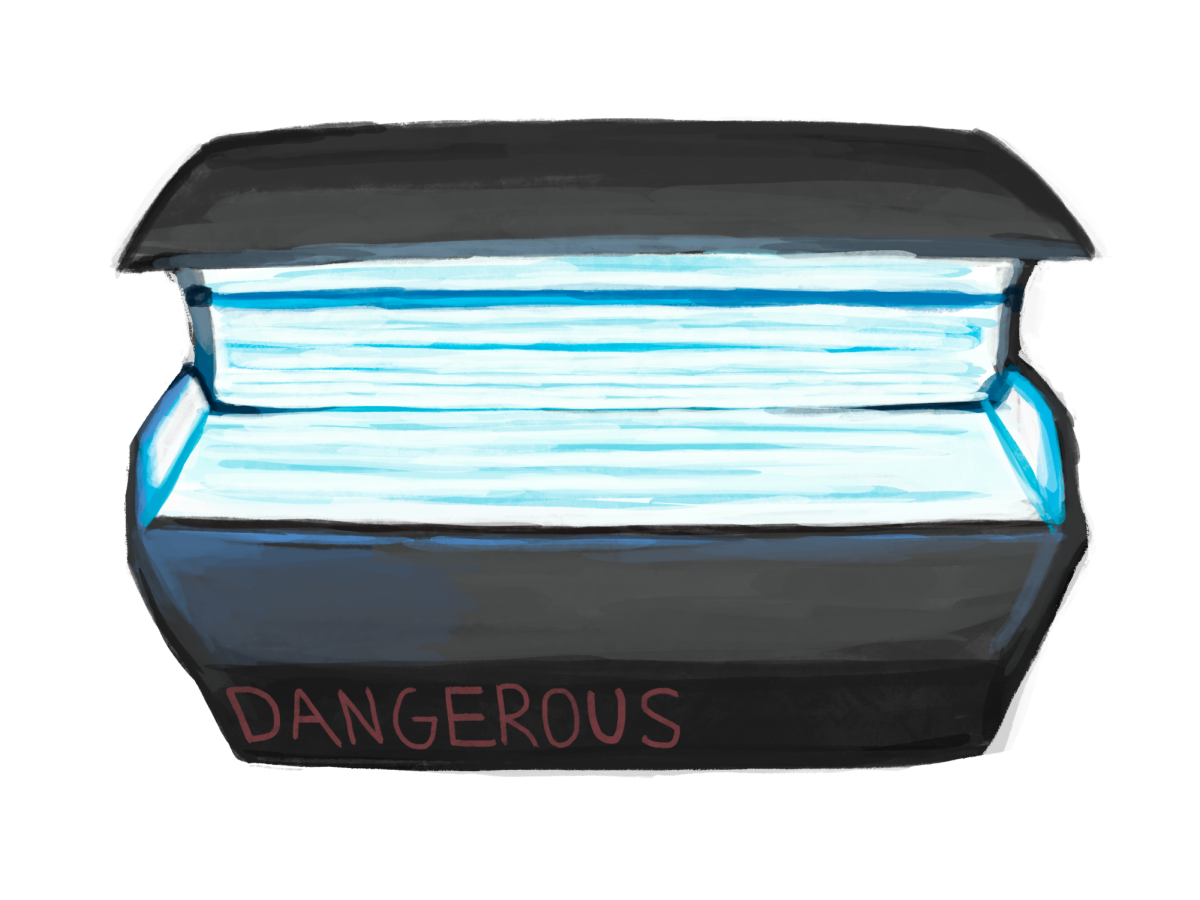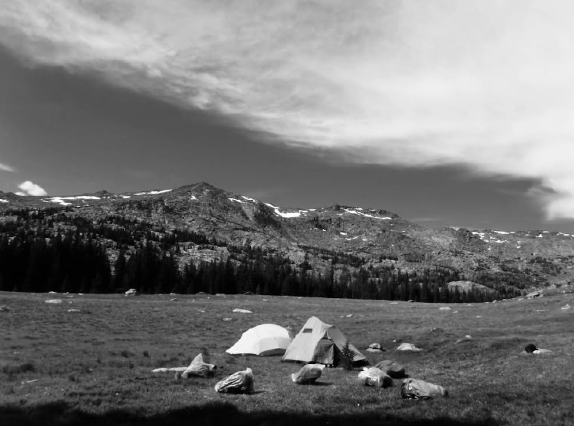Headbanging to Metallica: Family History, ft. Electric Guitar
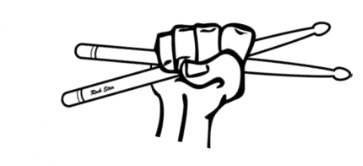
May 26, 2023
“…What are these songs, Aileen?” Ah, great. While searching for karaoke music, a friend had discovered my metal playlist.
“Master of Puppets? Children of the Damned? What the heck is Mötley Crüe?” They scroll through in a search-and-rescue for Taylor Swift and Harry Styles.
Although foreign to my peers, hard rock and heavy metal composed the soundtrack of my childhood. At age four, my father introduced me to AC/DC. Led Zeppelin and Metallica strutted into my life before elementary school. The sound of power-chords is not unusual in our home; 90’s alternative is the preset of our car radio. My family attends the concerts of Deep Purple, Guns N’ Roses, and Iron Maiden. My brother and I were raised on their MTV recordings and history.
Early on, I realized most people believed rock was nonsensical screaming at best. Some considered it morbid, even devilish. People who discover my love for “meaningless noise” are often surprised: I’m no leather-clad metalhead. However, the genre remains an integral part of my identity. Rock music is a pertinent reminder of the oppression my parents faced growing up behind the Iron Curtain.
During Soviet control over Bulgaria, rock was forbidden, deemed American, defiant, and a threat to the communist regime.
The genre was completely absent from the media. It was illegal, and extensive measures were taken to punish listeners.
In a country restricting freedom of expression, my father and many others listened to rock n’ roll as a form of rebellion
against the oppressive system.
They couldn’t even dream of attending a live concert. Smuggled records were re-recorded four times over and secretly passed from hand to hand. Under the watchful eye of KGB-affiliated neighbors, my father would hide the records and play them at the lowest possible volume.
The quality was awful: more static than audible music. But it was powerful. It was alive. It was a way to connect with the free world outside the Curtain.
”Rock and metal are not evil. Rather, they reflect and inspire action against the evils of the world.”
Hearing these stories gave me an understanding of my father’s favorite music. I learned to hear the symphonic harmony of the guitar, bass, and drums. I found satirical poetry in the lyrics: against corruption, hypocrisy, and mediocrity. Rock and metal are not evil. Rather, they reflect and inspire action against the evils of the world.
My family’s appreciation for rock music has allowed me to grasp the importance of freedom in a democracy. Much like the metalheads of the 80’s and 90’s, modern artists use their craft to shed light on environmental challenges and human rights. Understanding how artistic expression motivates societal progress has taught me to value my own right to creativity and influences my approach to writing and public speaking.
Furthermore, rock reminds me that civil discourse and criticism are essential to driving change. Only when our attention is forced to focus on the deficiencies of the present can we work towards resolving them. This perspective fuels my sense of integrity and desire to be honest with myself and others, and inspires my personal goal to advocate for progress within my community and beyond.
I smile when I see my brother learning guitar and student rock bands performing at school. I get emotional to thrumming bass and crashing drums. And although my regular playlist is quite light and airy in nature, I never hesitate to headbang to Master of Puppets.

